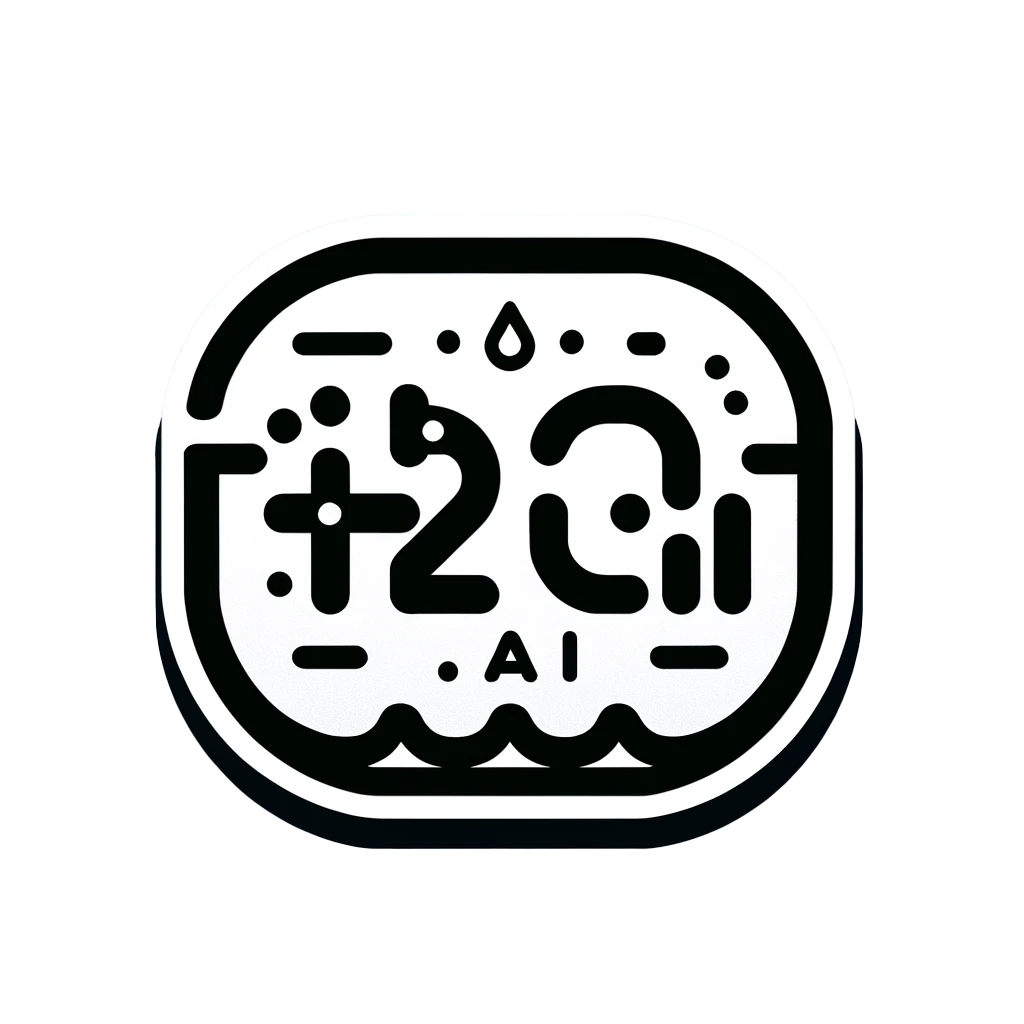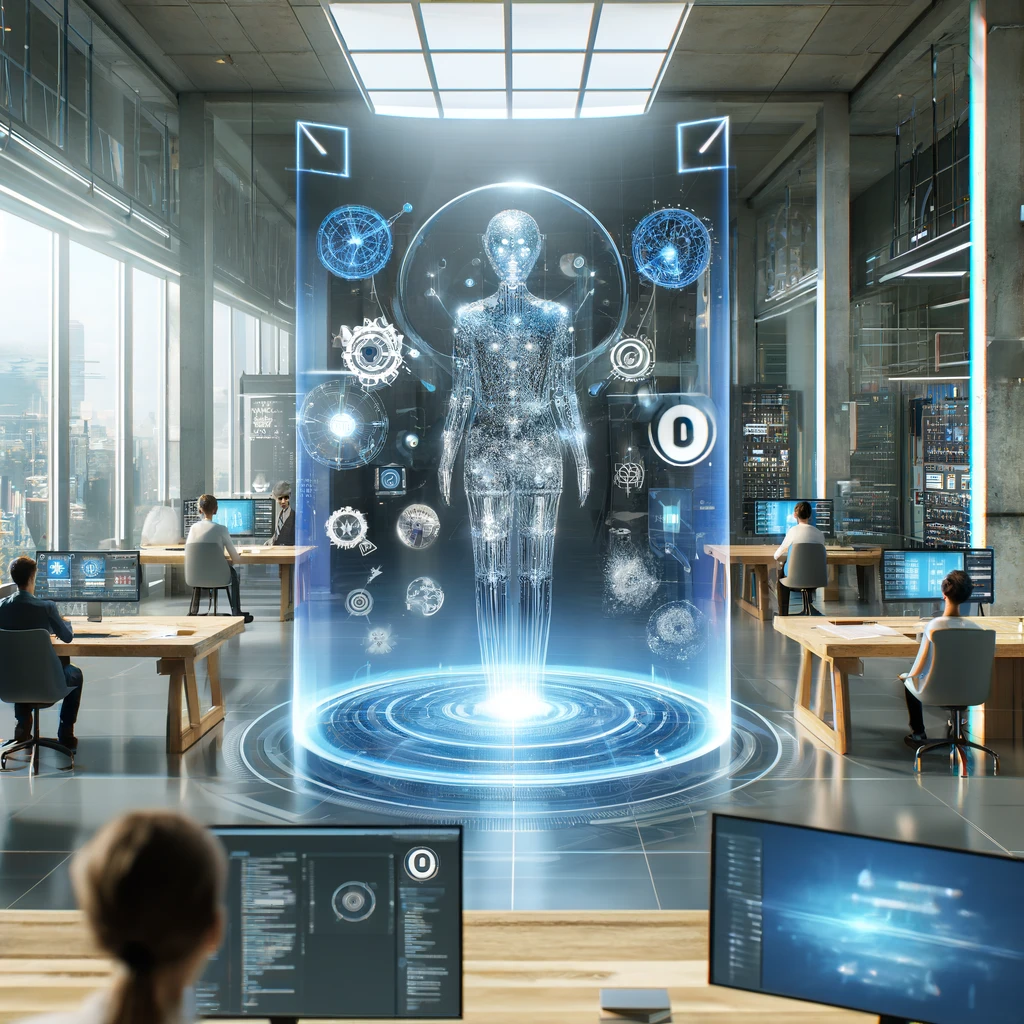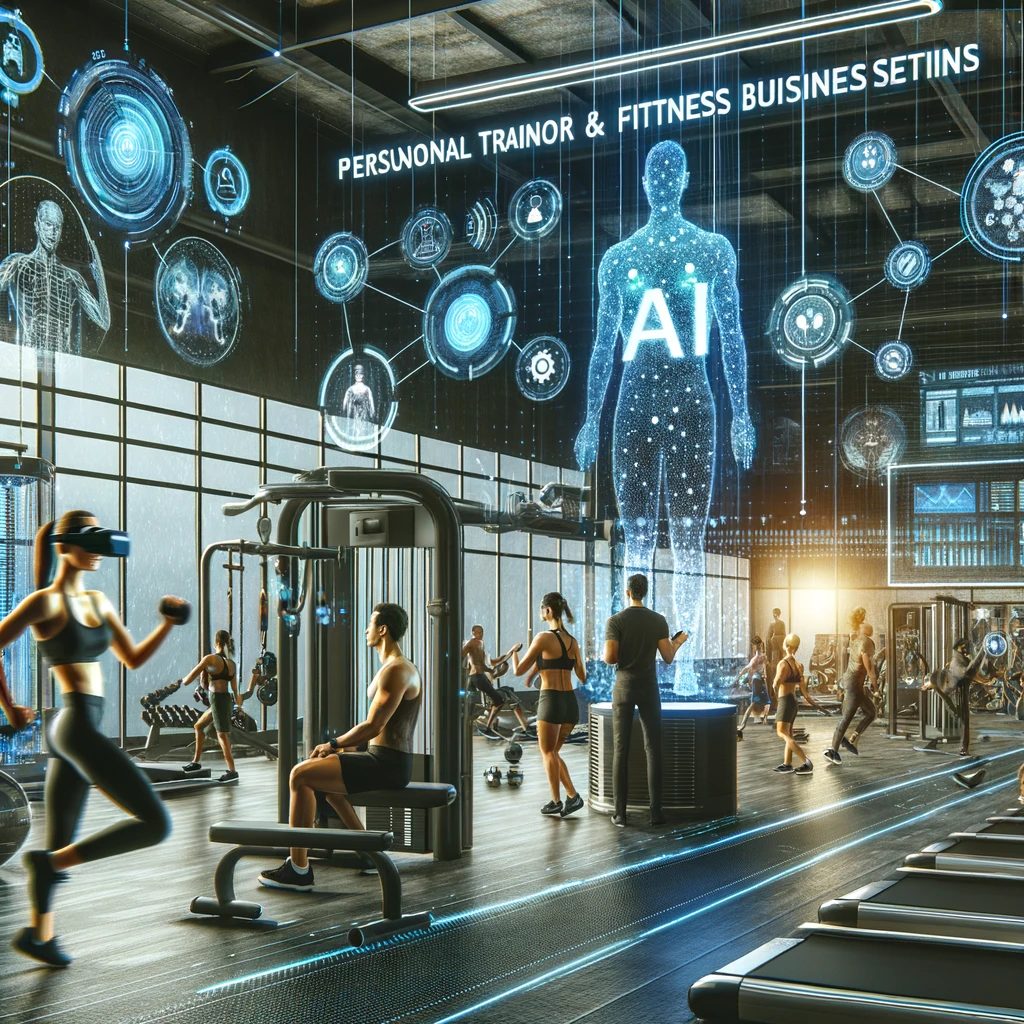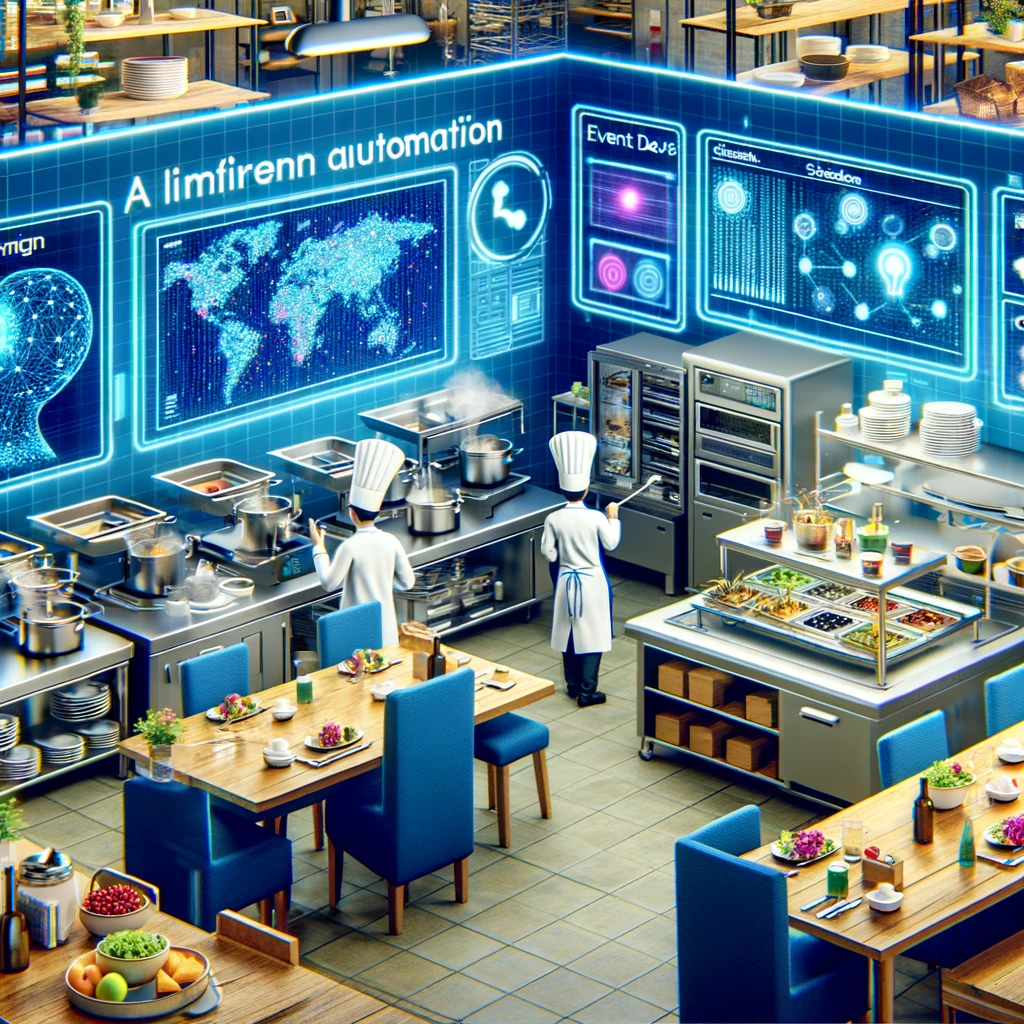In the competitive landscape of modern business, achieving and sustaining profitability often hits a plateau. While expanding customer bases and launching new revenue streams are common strategies, the transformative potential of AI and ML in automating processes and workflows is frequently overlooked. Here, we delve into how technologies like custom GPTs and hybrid AI-ML automation can significantly enhance profitability by optimizing operations and reducing overhead costs.
The Hidden Value of Process Automation
Businesses often experience stagnation in profitability despite increasing sales, primarily due to rising operational costs and inefficiencies that scale with growth. Automation, especially using AI and ML, presents a potent solution by streamlining processes, reducing errors, and freeing up human resources for more strategic tasks. For instance, AI-driven systems can automate customer service interactions, manage supply chains with greater precision, or optimize inventory without human intervention.
Custom GPTs: Revolutionizing Interactions and Operations
Custom Generative Pre-trained Transformers (GPTs) are at the forefront of this automation wave. These AI models are tailored to specific business needs, offering capabilities that extend from handling routine customer queries with consistent accuracy to generating insightful analytical reports that guide decision-making. By automating these functions, businesses can not only reduce operational costs but also enhance customer satisfaction and employee productivity.
Application Examples:
- Customer Service: AI chatbots can handle thousands of customer interactions simultaneously, providing instant responses that are both accurate and contextually relevant. This capability not only improves customer experience but also significantly cuts down on the need for a large customer service team.
- Content Generation: Marketing teams can leverage AI to generate high-quality content, from blog posts to detailed technical documents, aligning with SEO strategies to boost online visibility and engagement.
AI and ML in Operational Efficiency
Beyond customer-facing applications, AI and ML excel in optimizing backend operations:
- Supply Chain Management: AI systems can predict demand more accurately, manage inventories efficiently, and even suggest optimal delivery routes, significantly reducing costs and improving service delivery.
- HR and Recruitment: From screening resumes to managing employee onboarding, AI can automate many HR processes, allowing human HR professionals to focus on more strategic aspects of their role.
Quantifiable Benefits of AI Automation
Investing in AI and ML automation translates into measurable benefits:
- Cost Reduction: Significant savings from reduced labor costs and lower error rates.
- Enhanced Productivity: Automation allows for handling greater volumes of work without additional human resources, effectively decoupling revenue growth from employee headcount.
- Scalability: AI systems can scale operations quickly in response to demand spikes without the corresponding scaling of costs.
Embracing Hybrid AI-ML Automation
Hybrid AI-ML systems combine the strengths of AI and ML to offer even more powerful solutions. For instance, integrating ML models that predict customer buying behaviors with AI systems that manage real-time personalization can create highly effective marketing strategies that drive sales without proportional increases in marketing spend.
Conclusion
For businesses seeking to break through profit plateaus, leveraging AI and ML for automation offers a pathway to enhanced profitability through operational excellence and efficiency. By strategically implementing technologies like custom GPTs and hybrid AI-ML systems, companies can not only optimize their current operations but also set the stage for sustainable growth and profitability in an increasingly digital world.
This approach to automation is not just about reducing costs but also about enhancing capabilities and discovering new opportunities for efficiency and growth within existing business models. As AI and ML technologies continue to evolve, their integration into daily business practices is expected to deepen, making the understanding and application of these technologies a critical factor for future business success.






